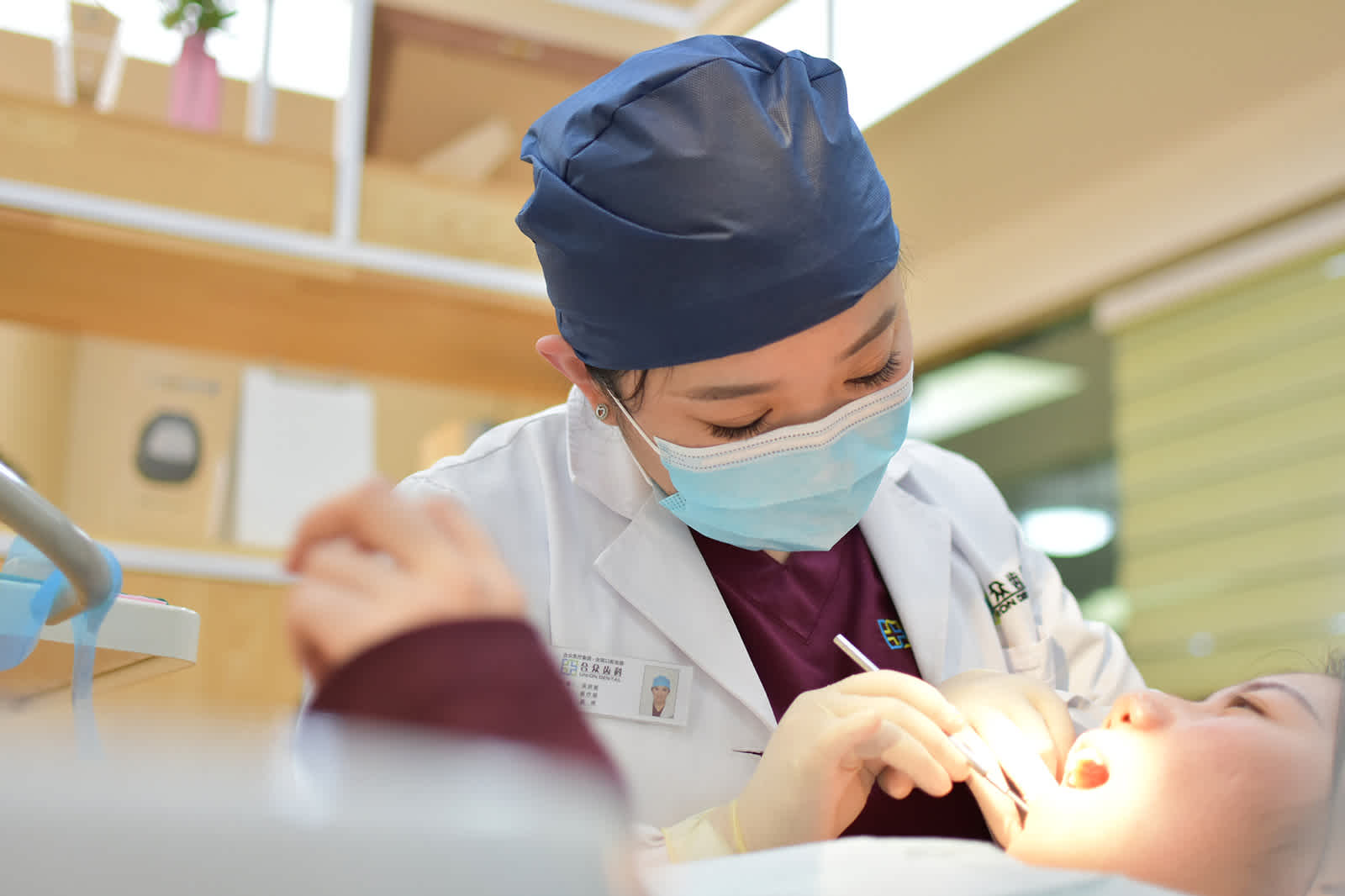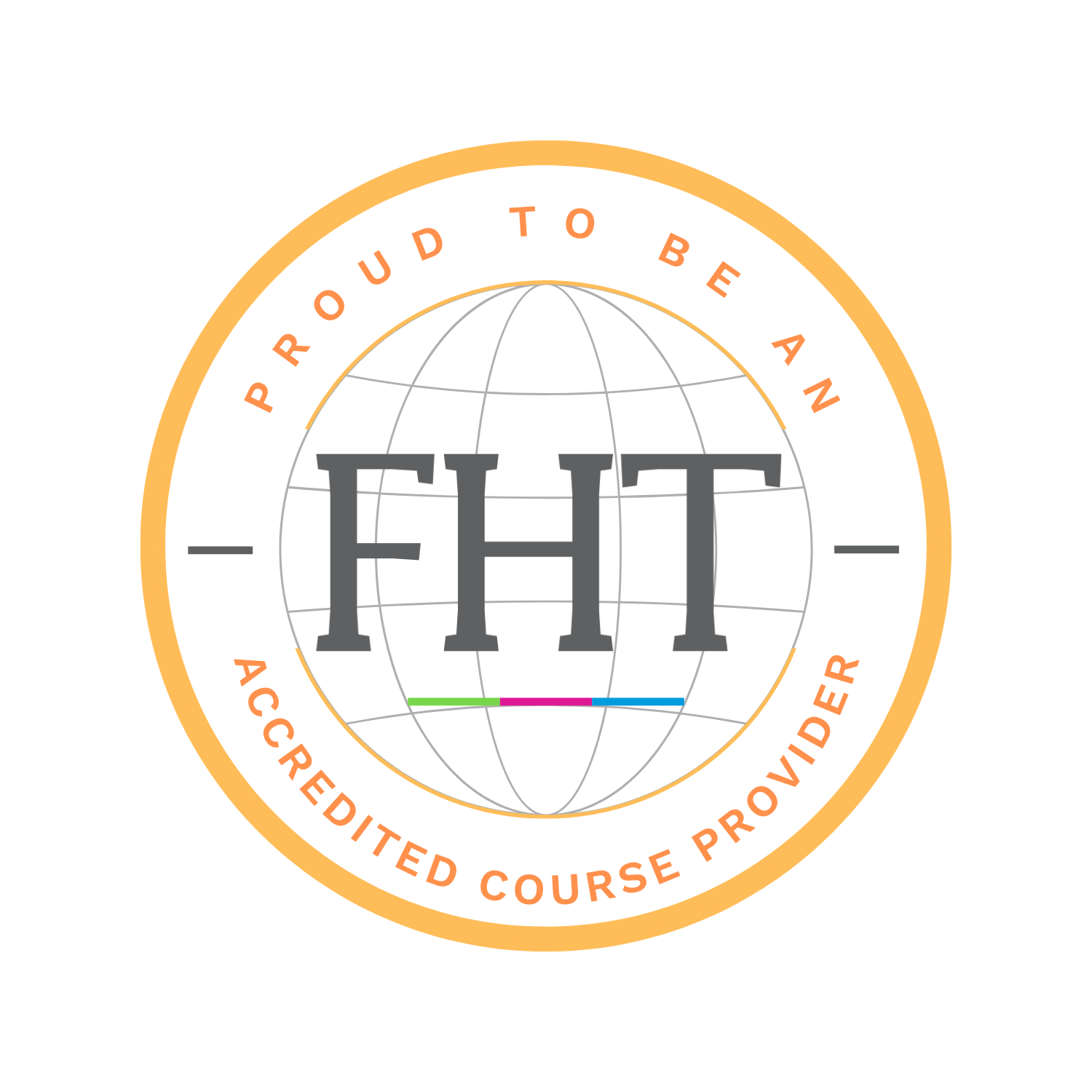Frequently asked questions
Dentists can use acupuncture and dry needling as part of their usual practice after completing our Medical Acupuncture & Dry Needling Foundation Course. Once successfully completed, we ensure that our foundation course delegates can use acupuncture and dry needling as part of their everyday practice safely, confidently and effectively.
Although it would never replace your usual practice, acupuncture and dry needling is an excellent adjunct for day-to-day care. In dentistry, acupuncture is primarily used for issues such as TMD, neuralgias, and headaches.
Dentists may find it beneficial to study medical acupuncture and dry needling for several reasons:
Pain Management: Acupuncture and dry needling can be effective techniques for managing orofacial pain and discomfort, which are common concerns in dentistry. These techniques can provide non-pharmacological pain relief for dental procedures and post-operative care.
Complementary Therapy: Acupuncture and dry needling can complement traditional dental treatments and interventions, offering additional options for patients who may prefer or benefit from alternative or complementary therapies.
Anxiety Reduction: Dental anxiety and fear are prevalent among patients. Acupuncture has a calming and stress-reducing effect, helping patients manage anxiety during dental procedures.
Temporomandibular Disorders (TMD): Acupuncture and dry needling can be useful in treating temporomandibular joint (TMJ) disorders and associated muscle tension, providing relief for patients experiencing jaw pain and dysfunction.
Enhanced Patient Care: Dentists who are trained in acupuncture and dry needling can provide a more holistic and patient-centered approach to care, addressing not only the oral health but also the overall well-being of their patients.
Painful Conditions: Acupuncture and dry needling can be beneficial in addressing various painful conditions in the head and neck region, such as headaches, myofascial pain, and nerve-related pain, which are commonly seen in dental practice.
Non-Invasive Approach: These techniques are non-invasive and drug-free, offering natural and minimally discomforting therapies for patients.
Improved Recovery: For patients who have undergone oral surgeries or dental procedures, acupuncture and dry needling can expedite recovery, reduce pain and inflammation, and promote healing.
Typically, our foundation level acupuncture and dry needling courses take dentists around one to two months to complete. The online component of our course can be completed in your own time, at your own pace, whilst the in-person workshop is conducted across three days.
Following the foundation course, dentists may decide to advance their training further through one of our online or in-person CPD training courses. Our popular Advanced Skills in Acupuncture Course comprises an online component, as well as a two day in-person training event.
Yes, dentistry and acupuncture can work together effectively to provide comprehensive care for dental patients, particularly in managing orofacial pain and promoting overall well-being. The integration of acupuncture into dental practice offers several advantages:
Pain Management: Acupuncture is known for its effectiveness in managing pain, making it a valuable addition to dental care, especially for patients undergoing oral surgeries or experiencing orofacial pain.
Anxiety Reduction: Dental anxiety is a common concern for many patients. Acupuncture has a calming and stress-reducing effect, helping patients manage anxiety and discomfort during dental procedures.
Complementary Therapy: Acupuncture can complement traditional dental treatments and interventions, offering additional options for pain relief and relaxation for patients who prefer or benefit from complementary therapies.
Temporomandibular Disorders (TMD): Acupuncture can be useful in addressing temporomandibular joint (TMJ) disorders, reducing muscle tension, and alleviating jaw pain and dysfunction.
Enhanced Patient Experience: The integration of acupuncture into dental practice provides a more holistic and patient-centered approach to care, addressing not only the oral health but also the overall well-being of the patient.
Improved Recovery: Acupuncture can expedite recovery, reduce post-surgical pain and inflammation, and promote healing for patients who have undergone oral surgeries or dental procedures.
It is becoming increasingly common for dentists to incorporate acupuncture into their practice. The integration of acupuncture as a complementary therapy is on the rise within the field of dentistry. Many dentists are recognising the value of offering their patients a more diverse range of treatment options, especially for pain management, relaxation, and reducing dental anxiety.
This increasing trend reflects the demand for holistic and integrative approaches to dental care. Acupuncture can be a valuable addition to traditional dental techniques, providing targeted pain relief and helping patients manage anxiety and discomfort during dental procedures. The combined use of both therapies is contributing to a more patient-centred and well-rounded approach to dental healthcare, ultimately leading to improved patient comfort and overall well-being. Dentists are increasingly incorporating acupuncture into their practice to offer a more comprehensive and effective approach to patient care, making dental visits more positive and less stressful for their patients.

